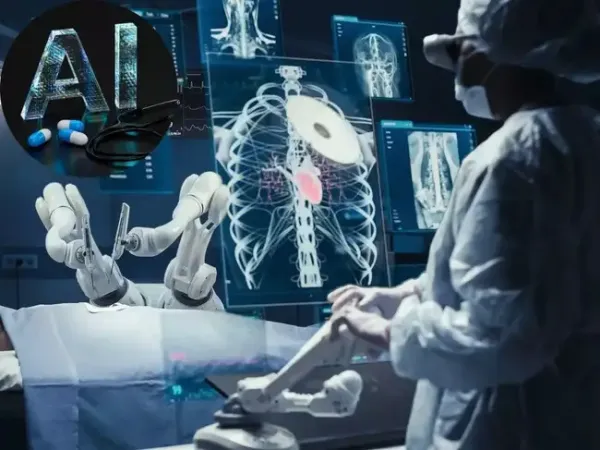Related
- CMC Vellore doctor cracks the case of 15-year-old who suddenly couldn’t walk. Blood tests were normal, MRI was clear. What happened?
- MIT study shatters AI hype: 95% of generative AI projects are failing, sparking tech bubble jitters
Artificial intelligence (AI) is rapidly transforming healthcare, especially in medical analysis and radiology. Hospitals are increasingly adopting AI systems for patient triage, initial scans, and workflow optimization. While these technologies promise faster and more efficient diagnostics, experts warn that the rapid rollout carries significant risks.
Dr. Datta emphasizes the need for a structured approach to evaluation: pre-deployment benchmarking and red-teaming, real-world testing in hospital information systems, and continuous monitoring post-deployment with uncertainty reporting. He also suggests developing task-specific metrics for radiology AI and a stage-wise evaluation framework for clinical, research, and educational use.
In the US, standard large language models like ChatGPT have struggled to provide sufficiently evidence-based answers for clinicians. However, hybrid systems combining LLMs with retrieval-augmented methods have shown a significant improvement in providing useful responses.
AI in Radiology: A Double-Edged Sword
According to Dr. Datta of AIIMS Delhi, radiology is moving swiftly to agentic AI systems, which can independently perform complex tasks. While this shift offers the potential to improve diagnostic accuracy and reduce human workload, current evaluation frameworks are not robust enough. Regulators are still catching up, raising concerns about the safety of deploying AI tools that appear intelligent but have not been fully validated.Dr. Datta emphasizes the need for a structured approach to evaluation: pre-deployment benchmarking and red-teaming, real-world testing in hospital information systems, and continuous monitoring post-deployment with uncertainty reporting. He also suggests developing task-specific metrics for radiology AI and a stage-wise evaluation framework for clinical, research, and educational use.
Real-World Applications and Benefits
Global studies highlight AI’s potential in healthcare. In the UK, AI-assisted scans have been shown to reduce unnecessary X-rays and missed fractures. NICE, the country’s health guidance body, considers these tools safe and reliable, potentially reducing follow-up appointments. Similarly, digital patient platforms like Huma can lower readmission rates by 30% and reduce the time clinicians spend reviewing patients by up to 40%, according to a World Economic Forum report.In the US, standard large language models like ChatGPT have struggled to provide sufficiently evidence-based answers for clinicians. However, hybrid systems combining LLMs with retrieval-augmented methods have shown a significant improvement in providing useful responses.



